OWCS Product Manager Bailey McCann on Split 3 changes & creating idols
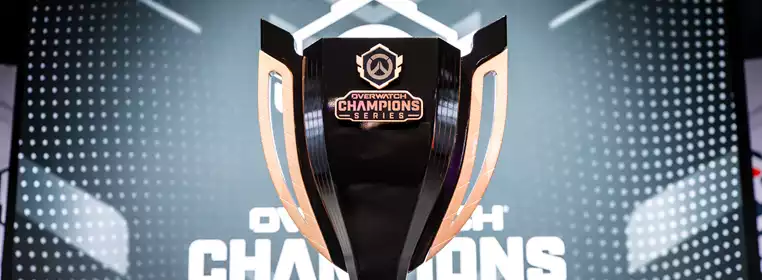
As Dreamhack Dallas played host to the inaugural Overwatch Championship Series Major, GGRecon sat down with OWCS Product Manager Bailey McCann to unpack the complexities of the new era, Calling All Heroes and Overwatch accessibility, creating new idols and storylines, and what the team has already learned to take into the rest of the season and circuits for next year.
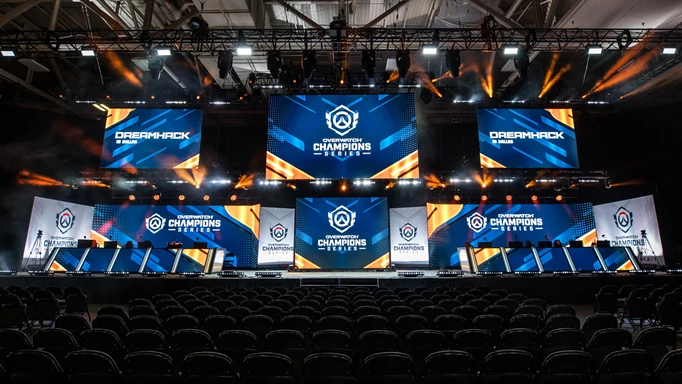
How have you found the inaugural Overwatch Championship Series as a whole?
I've been a very long-time Overwatch fan. I graduated high school and I started playing Overwatch that summer and I've been a fan for a long time. I think OWCS is true to the original vision of Overwatch esports that everyone at Blizzard had in mind.
We're a lot more community-focused, it's a lot more accessible and I think this year is a great start and we're really excited. Seeing everyone out here in person is so heartwarming and it feels really great, so I'm very happy with where we're going.
What is the change between the franchise system and the OWCS system that we've got now that you think has benefited the scene the most?
I'm going to pick three things, I'm going to cheat. I think having a dedicated Europe circuit is awesome. Back in the Overwatch League, we had the North, the West, and the East splits. I think having a dedicated space in Europe is awesome.
We're making this a bit more regionally focused, especially in Asia, where we have three sub-regions focused on Korea, Japan, and the Pacific, which has been really nice alongside Europe.
We also added region locking, which really helps protect some of the regional talent and allows them to have a place to compete and get involved, which is great.
And, what is really nice to me is delivering on the original vision with an open ecosystem. Anyone's able to compete. It's more accessible for everyone to play and get all the way to the top if you're the best. You can play in open qualifiers, smash them all, and end up here at Dreamhack, which is awesome.
We think region locking is really helpful, especially with an open ecosystem. We think region locking allows the OWCS to lend itself to that ethos of: you and five buddies, if you want to play in your open qualifier for your region, you're able to, and you don't feel the imports are coming in and taking up the space and the resources, which allows amateur players to feel they have a place to play.
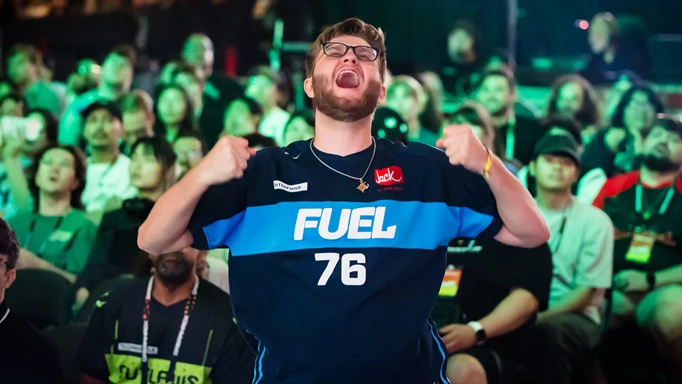
Touching on the open circuit, and with your background with Calling All Heroes, was accessibility for players of all backgrounds, abilities, and genders something that was taken into consideration when you were trying to create this format?
A big part of our overall Overwatch esports vision has been that you can play in everything and we want to make it accessible so that we've accommodated schedules and products. We've designed certain programs where if you want to both play in Calling All Heroes and OWCS you have the time to do both.
We've staggered that. For example, Calling All Heroes happens next weekend. So they had a break to go to Dreamhack if they wanted to. Calling of Heroes is supplemental to OWCS, just to help that demographic of players, as we want them to be participating in OWCS because we believe it's best when it's all integrated and it's helping them out.
It was interesting to hear in the pre-event Summit that you said "The ideal world would be that Calling all Heroes doesn't exist anymore."
It echoes comments that I've heard from Riot Games and VALORANT, as Anna Donlon has a very similar philosophy when it comes to Game Changers, and she just recently touched on development support as a catalyst to safeguarding and encouraging competitive spirits in marginalised genders through in-game systems.
Do you think something can be done with the Overwatch client to better support marginalised genders and combat toxicity, which ultimately leads to more progression?
I'm honestly not the best person to speak to that, but we've had some initiatives on the Overwatch side to look at the defence matrix. We have other folks at Blizzard who could talk to that pretty well. We've made some efforts to combat toxicity in the game, and I think that's been really helpful.
Overall, on the publisher side - especially what I'm most involved with through Calling All Heroes - having a space and creating visibility is one of the greatest encouraging factors. As a publisher, you are the most visible part of the game, which really helps towards [combatting toxicity].
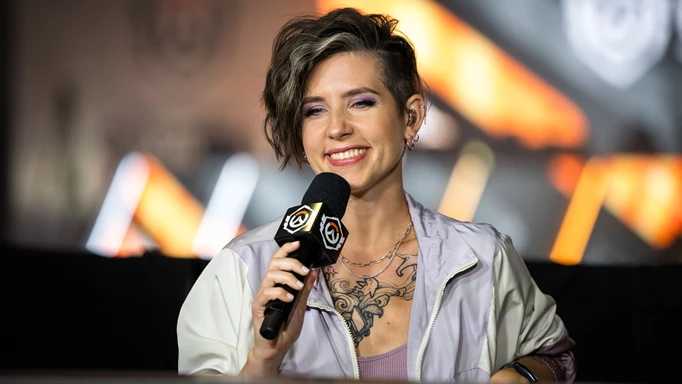
Is there a sense that, given there are already pre-existing idols to learn from, female and marginalised gender players would find more success in streaming and content, sidestepping the grind to the top of professional play for possibly a quicker way to make a career in Overwatch?
It's different for every player, it's different demographics. We have some pro players who go into pro play and then go into streaming, and some of the guys find what works best for them. A lot of times they try one thing, and then try the other. So I wouldn't say it's what's easier or different, I think it's different strokes for different folks.
But I would say, especially, that there are a lot of invisible barriers when it comes to women in marginalised groups competing in esports and competing in streaming has its own subset of areas that I'm honestly not the most experienced with, but I know it's very different.
From an experience as a player, a lot of these barriers can get bridged by programs like Calling All Heroes, where we're able to just help become a stepping-in point.
Something that I've mentioned previously is these programs want to make a difference for the 13-year-old who is just getting into gaming, right? When you come in, the world's your oyster. You can figure out what's right for you, and we help break down those barriers, and then they can find what's the right fit for them.
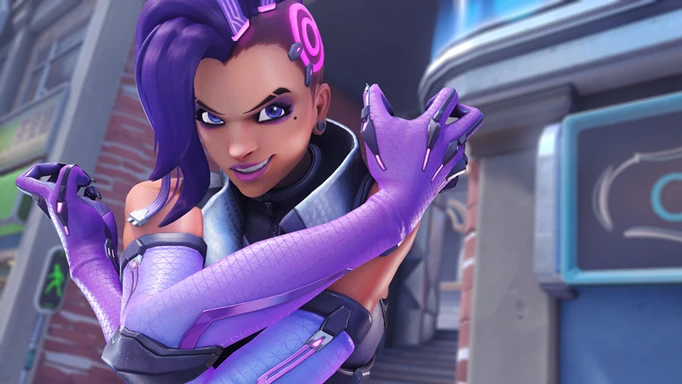
Going into the second half of the OWCS season, is there anything that you considering to enhance the circuit?
Yeah, I have some really specific ones. I think a big focus of OWCS right now is we want this to be community-focused and driven to serve our players. We tried something that we've seen a lot of other esports do with a map veto system - CS had a map veto, VALORANT does, CoD does too - and we tried that with the first half of OWCS, and we thought that would be awesome.
It wasn't honestly the best received.
In Asia, we did a thing called loser's pick, which we're now doing at Dreamhack. It's basically instead of doing the entire veto before they start the game, we'll do it after map one, then the loser of the prior map just picks the game mode.
We find this a lot more exciting product because instead of knowing that "X" team always gets the maps they want on the modes they want. I think what's pretty unique to Overwatch, given all the different game modes and maps.
There are 16 maps in our competitive pool or so, which is a lot compared to some other games like CSGO, and they all play pretty similarly - Well, that's a debate - but I would say in terms of our modes for Overwatch, they're pretty varied compared to other titles.
So, we found it really interesting and intriguing. The community and the players really desired this Loser's Pick. We decided to adjust the formats, thinking this was the most competitive and enticing product. I would say that for us, there will be a lot of little format and product changes in OWCS and it is going to be ever-evolving. Little format tweaks help enhance the experience, making for better game quality.
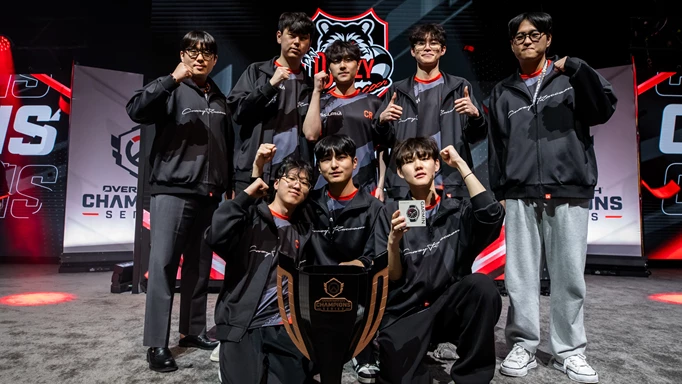
To round off, how would you measure a successful event?
It's actually going to tie back to your point about the role models. In Overwatch esports, we have a lot of new players, amateur players, and old veterans from the OWL, and now we have three regions.
I just want to see good competition between all the regions, good gameplay, and have these new storylines start. I'm excited about that, honestly, so I think that's going to be really fun.
---
The inaugural Overwatch Championship Series Major ended with Crazy Raccoon taking home the spoils in a thrilling series against Team Falcons, all of which was played out in front of a record-breaking Dreamhack crowd.